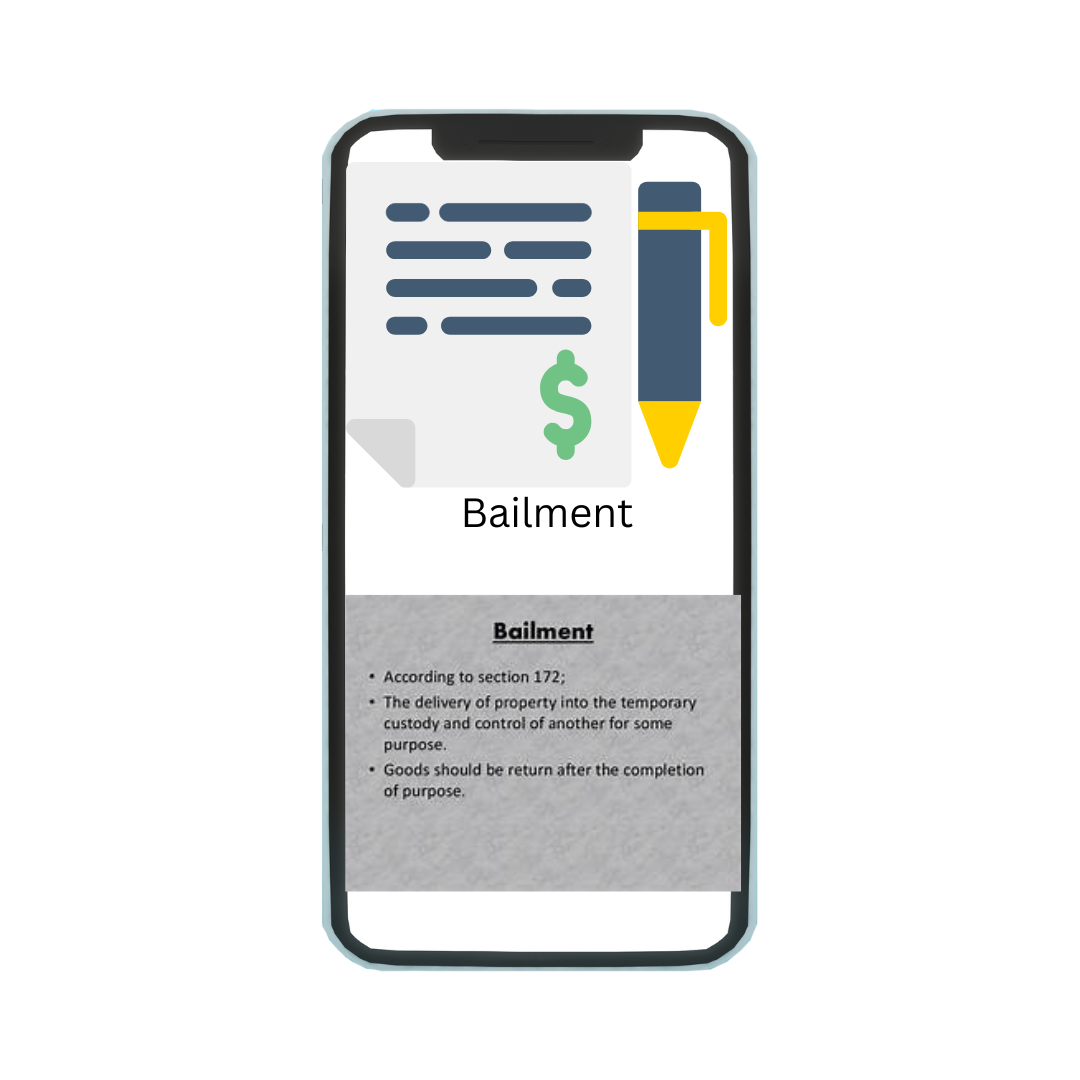A bounced cheque occurs when a bank returns a cheque unpaid due to insufficient funds in the issuer’s account or because of other reasons such as a mismatch in signatures or account closure. When a cheque bounces, it can lead to penalties for both the issuer and the recipient, and repeated instances may result in legal action.
In many countries, bouncing a cheque is considered a criminal offense. Businesses and individuals alike face significant risks when issuing or accepting cheques, making it crucial to ensure proper funds and details are in place.
Reasons for a Bounced Cheque:
- Insufficient Funds: The most common reason for a cheque bouncing is that the issuer’s account does not have enough money to cover the amount written on the cheque.
- Account Closure: If the cheque is drawn on a closed account, it will not be honored, resulting in a bounce.
- Signature Mismatch: A discrepancy between the issuer’s signature on the cheque and the bank’s records can cause a bounce.
- Post-Dated Cheques: If a cheque is presented before the date mentioned on it, the bank will reject it.
- Incorrect Details: Errors in the cheque, such as an incorrect amount in words or figures or missing details, can also cause it to bounce.
Consequences of a Bounced Cheque:
- Bank Penalties: Both the issuer and the payee are typically charged a fee by their respective banks for processing a bounced cheque.
- Damage to Creditworthiness: Frequent cheque bounces can damage the issuer’s credibility and affect their credit score, making it harder to obtain loans or credit.
- Legal Consequences: In many countries, issuing a bounced cheque is a punishable offense under specific legal provisions (such as Section 138 of the Negotiable Instruments Act in India). The payee can file a legal complaint, potentially resulting in fines, imprisonment, or both.
- Loss of Trust: Recurring instances of bouncing cheques can damage personal and business relationships, as it reflects poorly on the issuer’s financial management.
Legal Framework for Bounced Cheques:
In many jurisdictions, issuing a cheque that bounces is treated as a serious offense. For example, in India, a bounced cheque is governed by the Negotiable Instruments Act, 1881, specifically under Section 138. Under this law:
- The payee must notify the issuer in writing about the dishonored cheque within 30 days.
- The issuer has 15 days to settle the dues after receiving the notice.
- If the payment is not made within this time frame, the payee can initiate legal proceedings, which may result in penalties or imprisonment of up to two years.
In other countries, such as the United States, cheque bouncing may be subject to civil penalties and potential criminal charges if fraud is suspected.
Preventive Measures:
- Sufficient Funds: Always ensure adequate funds are available in the account before issuing a cheque.
- Proper Communication: Inform recipients if there are any issues that might delay payments or if post-dated cheques are being issued.
- Electronic Alternatives: Using electronic payment methods like wire transfers or online banking can reduce the risk of a cheque bouncing.
Bounced Cheque Notice:
In many legal systems, when a cheque bounces, the payee must issue a formal notice to the issuer, demanding payment within a specific time. The notice serves as legal evidence if the case goes to court. If the issuer fails to settle the amount within the stipulated time, legal action can be taken.
Conclusion:
A bounced cheque has serious implications, from financial penalties to legal action. Both individuals and businesses must practice careful financial management to avoid cheque bouncing. It is essential to ensure that all details are correct, funds are sufficient, and legal provisions are followed to avoid repercussions associated with dishonoured cheques.








